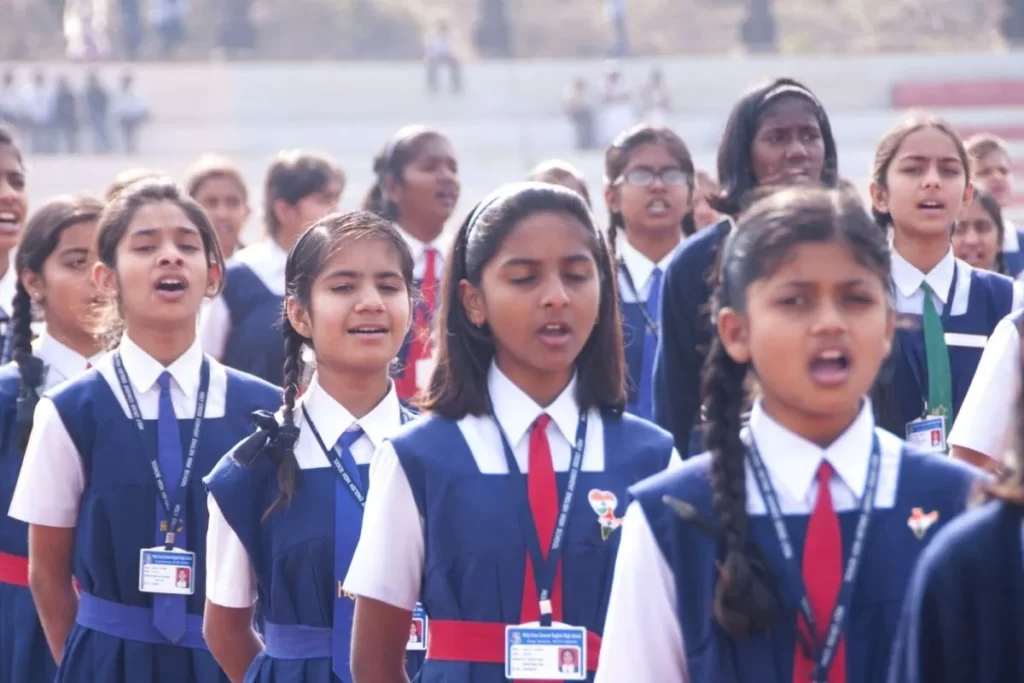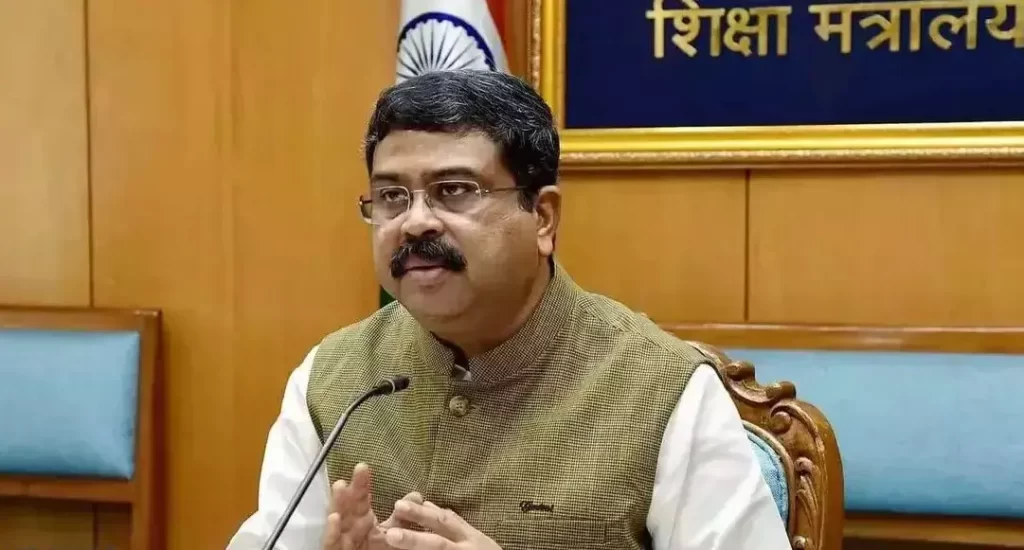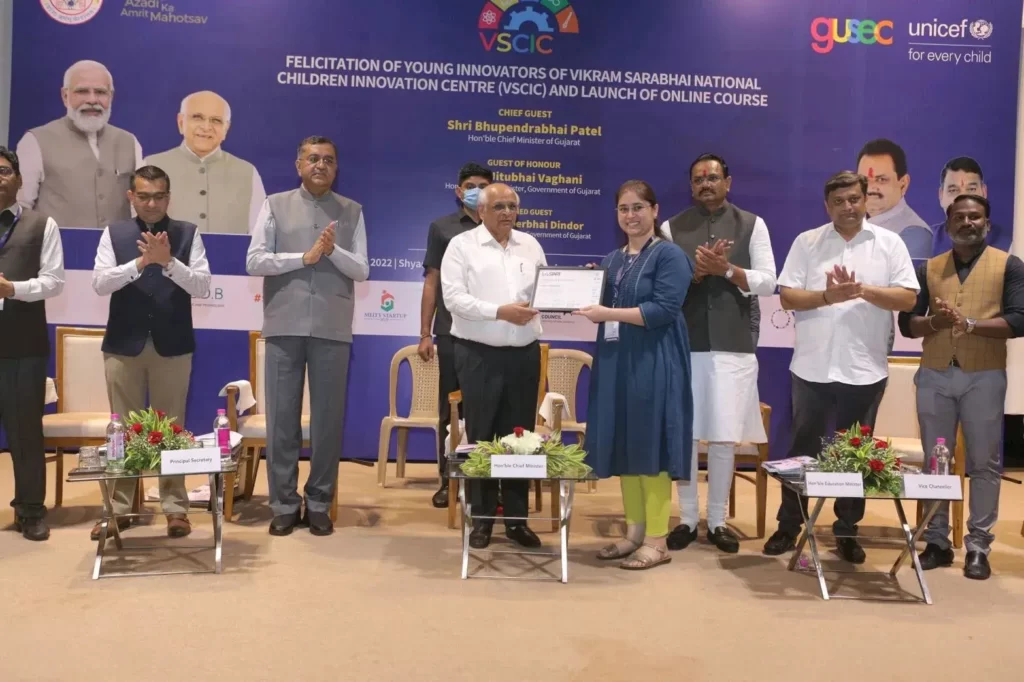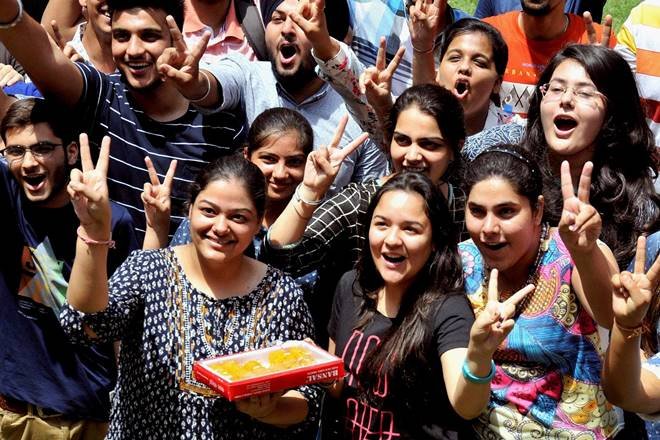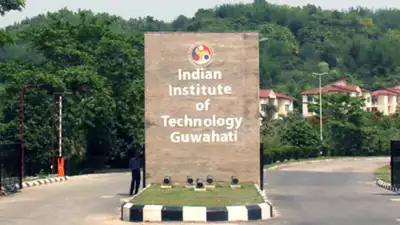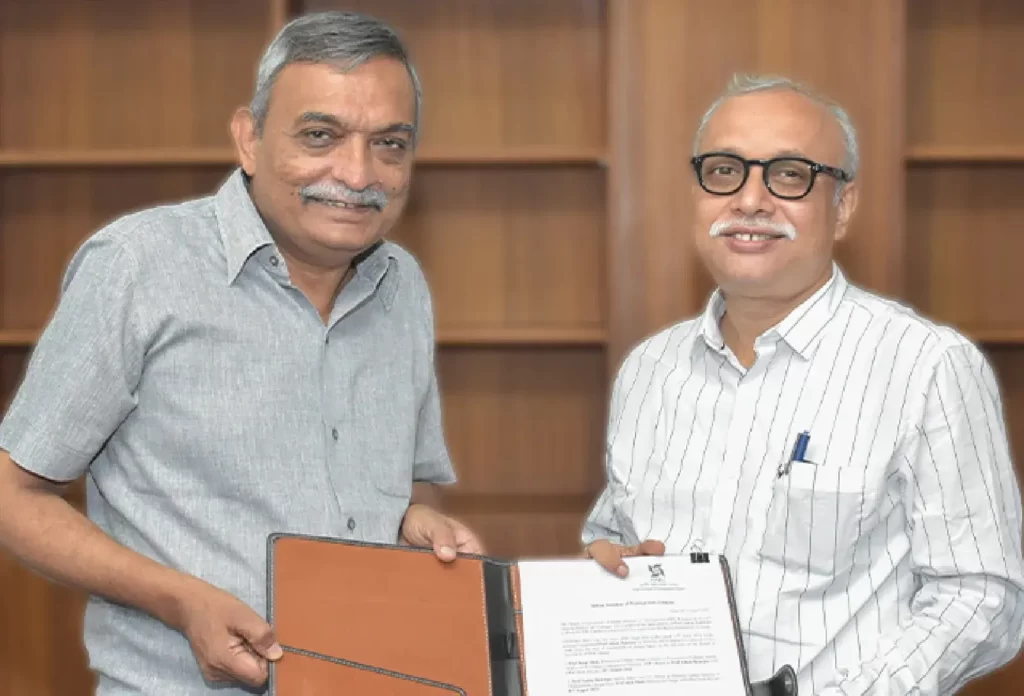A gender equity curriculum will be incorporated into the curriculum for students in all government schools in Odisha in order to change their views, aspirations, and behaviour. The Abdul Latif Jameel Poverty Action Lab (J-Pal), South Asia, and the women’s rights organisation Breakthrough inked a memorandum of understanding with the School Education Department on Monday in Bhubaneswar. According to a formal statement, the curriculum includes interactive class discussions to educate adolescent boys and girls to consider the culturally embedded gender norms, roles, and discriminatory practises. By August, it will be included in the social studies curriculum for both boys and girls in classes 6 – 10 at more than 18,000 elementary and 5,000 secondary schools. J-Pal South Asia executive director Shobhini Mukerji said, “Adolescence presents a crucial window of opportunity to change even deeply-rooted norms and instil more progressive gender attitudes.” Breakthrough will collaborate with the department to integrate the curriculum into the syllabus, contextualise it, educate teachers, gather teacher feedback, hold workshops, and involve parents in the process. To make sure the programme is meeting its goals to produce insights for long-term, high-quality government implementation of the curriculum, J-Pal will carry out independent monitoring activities. “Gender equality is very important. We are working on it.” School Education Minister Samir Dash said. Positive gender attitudes, parental support for daughters’ education, an improvement in the sex ratio, and higher rates of female labour force participation are all anticipated outcomes of the programme. The project intends to offer girls options for their education and employment, keep them in school for a greater number of years, reduce dropout rates, and raise the age of marriage and first childbirth. Sohini Bhattacharya, the chief executive officer of Breakthrough, emphasised that gender perceptions are developed at a young age. “Therefore, we need to ensure that children, especially those between the 10-15 years, have access to the right information related to gender equality, legal rights, and healthy gender behaviours,” Bhattacharya stated. The state’s sustainable development goals (SDG) of gender equality and high-quality education would be more easily attained with the support of the Gender Equity Programme. Principal secretary, school education secretary department, Bishnupada Sethi said, “We’ll have wide-ranging topics that will be covered in schools as part of this programme in our continued efforts to build a gender-equal world.” Source: PTI



